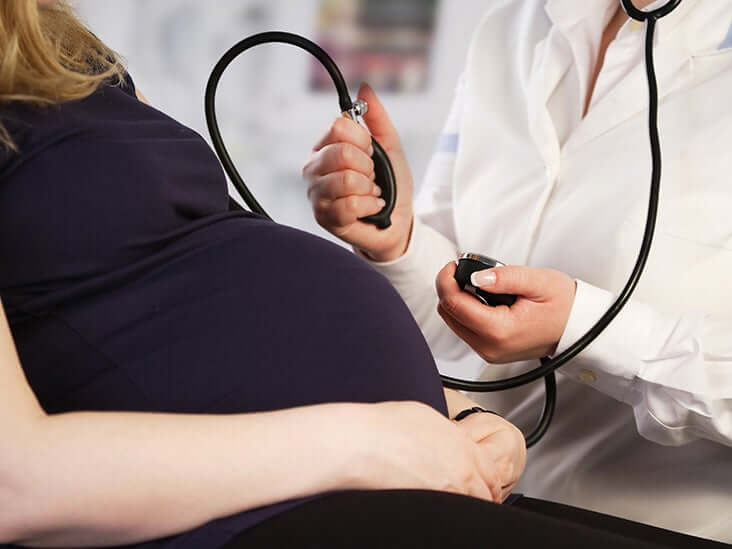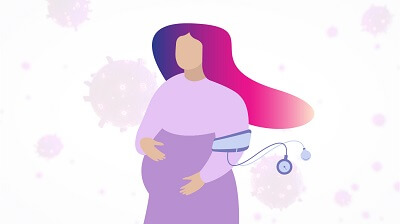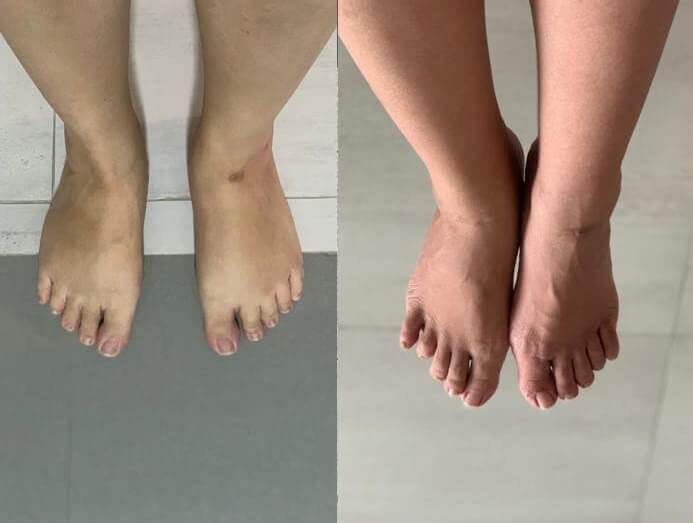Preeclampsia DefinitionDefinitionPreeclampsia is a pregnancy problem. Preeclampsia may cause high blood pressure, and proteinuria, which is a high quantity of protein in the urine and is a marker of kidney impairment, as well as other organ damage symptoms. Preeclampsia often develops after twenty weeks of pregnancy in pregnant women whose heart rate had earlier been normal. 
Who are More Vulnerable?First-time moms may be more likely to develop preeclampsia. The exact cause of preeclampsia in certain patients is unclear to medical professionals. You may be more vulnerable if:
What Happens in PreeclampsiaHigh blood pressure (greater than 140-90 mmHg) and maybe too much protein in the urine are two symptoms of preeclampsia. Preeclampsia puts your heart and other body components under stress, which might have serious implications. The kidneys and liver may not function correctly, your placenta's blood circulation may also be affected, and fluid may build up in your lungs. The protein present in urine is also a sign of kidney dysfunction. How common is itPreeclampsia is a significant medical condition that affected people from all around the globe. Preeclampsia and its related consequences, such as eclampsia, account for between ten and fifteen percent of maternal fatalities globally. It affects 5 to 8% of pregnant women in the United States and usually results in premature delivery. Preterm birth refers to birth that occurs earlier than the 38th week of pregnancy. 
SymptomsIncreasing blood pressure, proteinuria, as well as other indications of kidney or other organ damage are characteristics of preeclampsia. It is possible that you are symptom-free. Preeclampsia's first symptoms are often found during normal prenatal appointments with a healthcare professional. Edema and weight increase are common throughout healthy pregnancies. Preeclampsia, however, may be identified if you unexpectedly put on weight or have Edema, particularly in your arms and face. 
Some other Symptoms of Preeclampsia
DiagnosisThe diagnosis for Preeclampsia may involve the following tests and procedures.
CausesPreeclampsia's specific cause is potentially influenced by a number of factors. Analysts claim it begins in the placenta, which nourishes the developing infant throughout pregnancy. Early in pregnancy, new blood arteries grow and adapt to supply the placenta with nutrients and oxygen. These bloodstream arteries don't seem to form or operate normally in preeclamptic women. The maternal blood pulse may not be properly controlled if indeed the placenta's blood flow is hampered. Other Blood-Pressure Related ComplicationsOne kind of elevated blood pressure (hypertension) illness that may develop while pregnancy is preeclampsia. Additional problems may also develop:
Next TopicQuality Definition
|
 For Videos Join Our Youtube Channel: Join Now
For Videos Join Our Youtube Channel: Join Now
Feedback
- Send your Feedback to [email protected]
Help Others, Please Share









